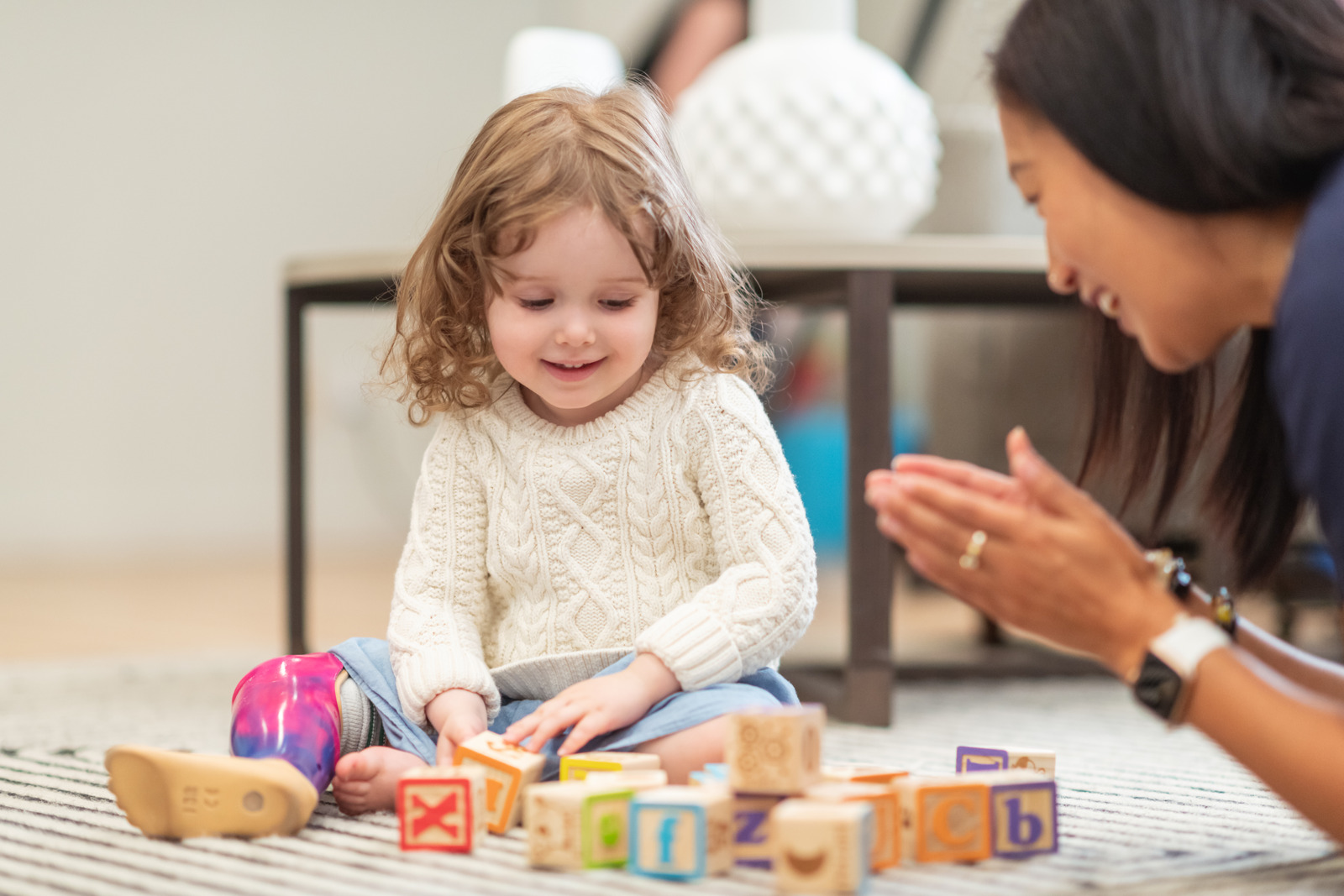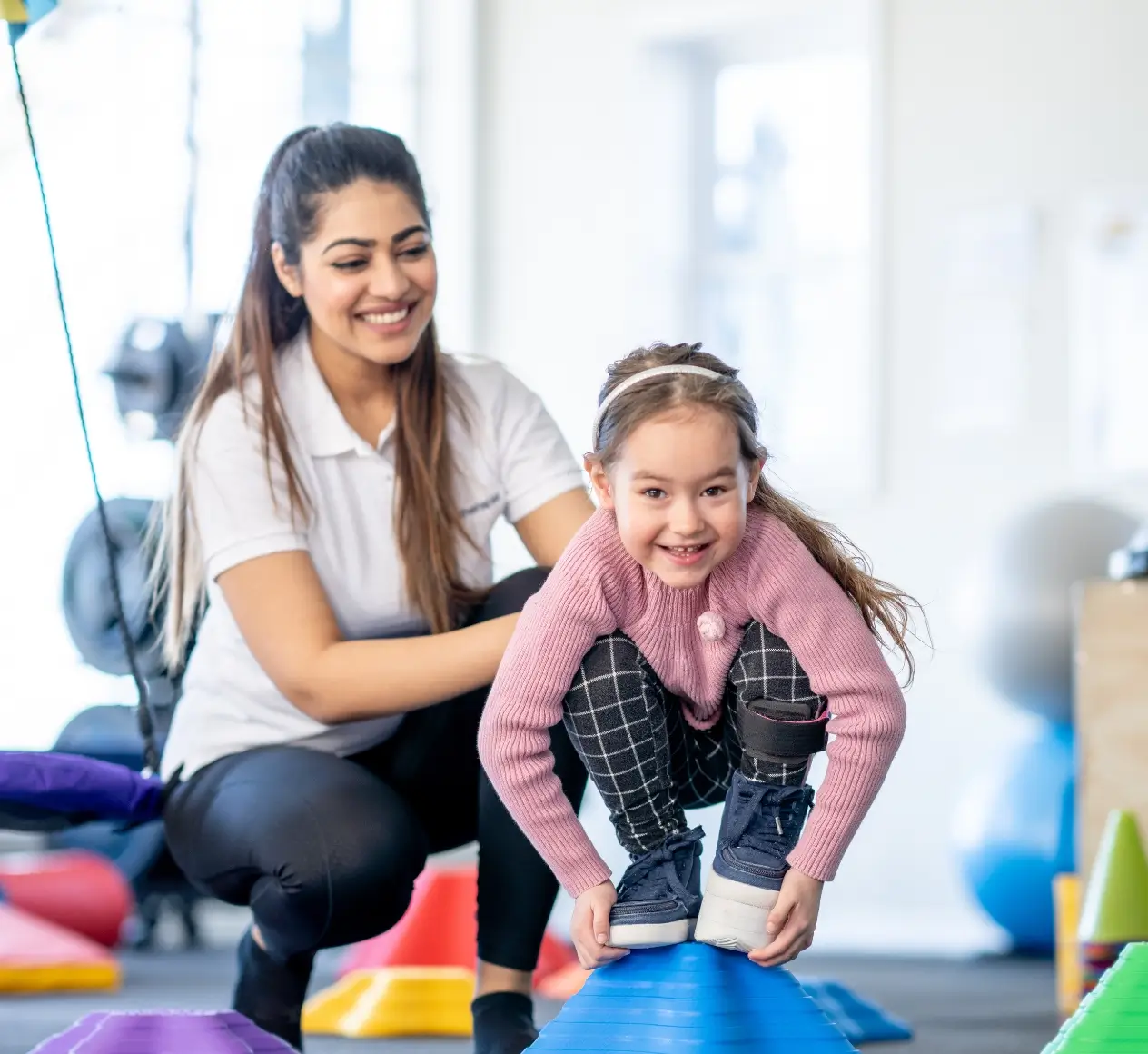Little Tree Kids Therapy

Paediatric Occupational Therapy
Little Tree Kids Therapy is a Paediatric Occupational Therapy practice based in the Gold Coast, offering a range services
tailored to the needs of children and adolescents between the ages 0 – 18 years.
At Little Tree Kids Therapy, we are committed to providing inclusive and empowering therapy services to children of all abilities.
Through a strengths-based approach, we strive to create a welcoming and affirming environment where children feel
understood, valued, and respected. We believe in honoring the individuality of every child and embracing diversity.
Our Occupational Therapists are passionate about promoting neurodiversity acceptance and fostering a sense of belonging for
every child. We are committed to offering evidence-based practices that are tailored to meet the specific needs and strengths
of each child, helping them to thrive in their daily activities and achieve meaningful participation in life.
By partnering with families, caregivers, and communities, we aim to empower children to develop essential life skills, build
confidence, and embrace their unique identities. Through collaboration, education, and advocacy, we strive to promote
understanding, acceptance, and inclusion for all individuals.
At Little Tree Kids Therapy, we envision a world where every child is celebrated for their differences, supported in their journey
of growth and development, and empowered to reach their highest potential.


What is Occupational Therapy?
Occupational Therapy (OT) in Paediatrics is a specialised field focused on helping children develop the skills they need to participate in daily activities or "occupations" that are important and meaningful to them.
These activities can range from self-care tasks like dressing and feeding, to school-related tasks such as writing, playing and socialising with peers.
The primary goal of Paediatric Occupational Therapy is to enable children to participate fully in their daily lives and to promote their overall development and well-being.
How can Occupational Therapy help?

Development
Children who are experiencing delays in achieving developmental milestones, such as rolling over, sitting up, crawling or walking, may benefit from Occupational Therapy to help them acquire these skills.

Sensory Processing
Children may have difficulty processing sensory information from their environment, which can affect their ability to participate in daily activities. Occupational Therapists can provide Sensory Integration therapy to help children regulate their responses to sensory input.

Fine Motor Skills
Occupational Therapy can help children develop skills such as hand-eye coordination, fine motor control, hand strength or manual dexterity, to support engagement in tasks such as writing, drawing, using scissors, or buttoning clothes.

Gross Motor Skills
Occupational Therapy can also address challenges related to gross motor skills, such as balance, coordination, strength, and endurance, which may impact activities like running, jumping, climbing, or participating in sports.

Play Skills
Occupational Therapy can enhance a child’s ability to engage in imaginative, cooperative and meaningful play by promoting the development of sensory processing, motor coordination, social skills and cognitive skills using play-based activities.

Social Skills
Occupational Therapists can work with children to enhance communication and social interactions, and to develop social skills such as turn-taking, sharing, joint interactive problem solving and conflict resolution to empower children to build meaningful relationships.

Emotional Regulation
Occupational Therapy can support children to identify, understand and manage their emotions effectively by developing self- awareness and self-regulation using mindfulness activities, sensory integration strategies and cognitive-behavioural approaches.

Learning & Cognition
Occupational Therapists can collaborate with educators to support children with learning difficulties by addressing underlying sensory, motor, or attentional difficulties to support engagement in academic tasks.

Self-Care
Occupational Therapists can support the development of the skills needed to engage in self-care tasks and enhance independence in activities of daily living (feeding, dressing, grooming, sleeping, toileting).



Unlocking potential through Play
As Paediatric Occupational Therapists, we adopt a play-based approach to connect with children to support their engagement in therapy. This involves using play activities to help children develop the skills they need for daily life. This evidenced-based approach recognises that play is essential for children’s physical, cognitive, social and emotional development. A play-based approach is child- centred and individualised, allowing therapists to provide support that is tailored to each child’s unique strengths, needs and interests.
Let them play, watch them learn...
By harnessing the natural inclination of children to play, Occupational Therapists can make therapy sessions fun, enjoyable, engaging and effective in achieving therapy goals. While it may look like simple play to most adults, evidence suggests that play-based practices are most effective in promoting child development.

Family-based approach
We recognise that families play a crucial role in a child's development and well-being, and aim to work hand-in-hand with parents and caregivers to achieve the best possible outcomes for children and their families.

Understanding Family Dynamics
We take time to understand the unique dynamics of each family.

Respect for Family Expertise
We respect your knowledge and experience. We value your insights.

Collaborative Decision Making
Families are seen as partners in the therapeutic process.

Support & Education
Families are provided with education and support to promote development at home.

Empowerment
We empower families to be active participants in promoting their child's development.

Continuity of Care
We ensure that families feel supported throughout their journey
Strengths-based approach
A strengths-based approach involves shifting the focus from a child’s limitations towards their inherent strengths, abilities, and
potential. This approach recognises that each child possesses unique talents and capacities that can be nurtured and leveraged to
promote their development. By emphasizing what a child can do rather than what they struggle with, they are empowered to
take an active role in their therapies and in their daily lives.
A strengths-based approach promotes a positive therapeutic environment where children feel supported, valued, and motivated
to achieve their full potential. It nurtures a child’s natural abilities and promotes holistic development, laying the foundation for
improved well-being and success in various aspects of life.
Our therapists use positive reinforcement to celebrate achievements and progress, no matter how small, fostering motivation,
confidence, and a sense of accomplishment. Therapies are aligned with a child’s strengths and interests, and incorporate activities
that are engaging and meaningful to the children we work with.


Got questions? Want to make a booking?
We're here to guide you through every step. From in-practice sessions to mobile and telehealth services, our team is ready to work alongside your family to build confidence, skills, and joyful participation in everyday life.